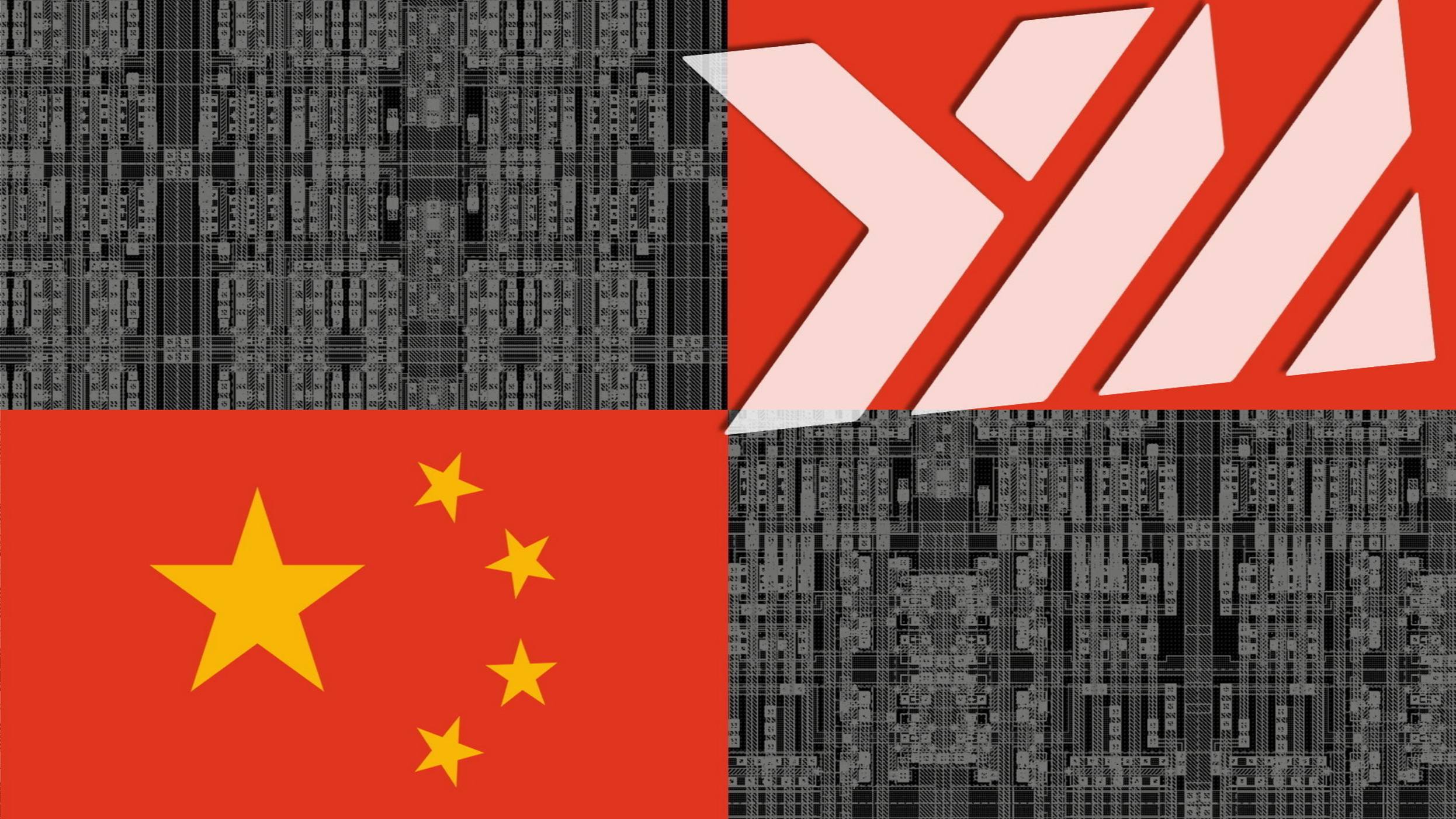Arm’s legal dispute with Qualcomm highlights firms’ interdependence
In the run-up to its hotly anticipated IPO, UK-based chip design company Arm has resorted to a risky strategy: suing one of its biggest customers. But with the dispute hinging on how revenue from new markets for its technology should be shared, it may have had little choice but to go to court.
The lawsuit, filed in district court in Delaware in late August, accuses mobile chip technology company Qualcomm of using Arm’s intellectual property without permission. The case stems from Qualcomm’s $1.4bn purchase last year of start-up Nuvia, which designs chips based on Arm’s technology.
The acquisition highlighted the technology interdependence of Arm and Qualcomm, with both companies searching for markets in which to expand beyond the mature smartphone industry. Nuvia’s first design was for an Arm-based chip for use in data centres, though Qualcomm has said it wants to use the same design to break into other new markets where Arm’s technology has yet to get a large foothold, including laptop computers and cars.

Bob O’Donnell of TECHnalysis Research added that the shift could force a rethink about how Arm charges for its intellectual property. “Some have argued Arm hasn’t charged enough in the past. Arguably they need to raise the price of their architectural licences,” he said. Adding to the potential pressure on the company’s revenues is the fact that Arm’s business is highly concentrated, with around a fifth of its customers accounting for 80 per cent of its royalties, according to Kundojjala.
Legal brinkmanship over important intellectual property rights ahead of an IPO is nothing new. Yahoo sued Google over a patent it owned on search advertising before Google’s IPO in 2004, forcing a settlement. For Arm, the pressure is now on to show potential investors it can maintain its royalty rates as it looks ahead to a new phase of growth.
This story originally appeared on: Financial Times - Author:Richard Waters

























